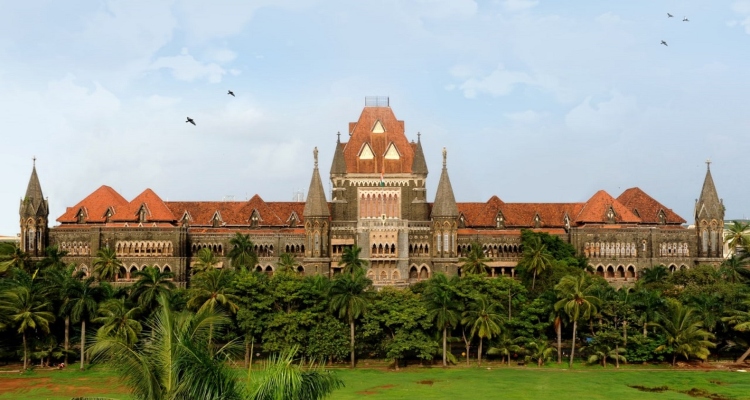
The Bombay High Court, on Wednesday, directed the Customs Department to provide an affidavit justifying why its September 2024 show-cause notice, which imposes a $1.4 billion tax demand on Skoda Auto Volkswagen India, should not be considered time-barred under the applicable legal framework.
A division bench comprising Justices B. P. Colabawalla and Firdosh Pooniwalla has been hearing the automobile manufacturer’s legal challenge to the notice, which it argues is arbitrary and legally unsustainable.
Skoda Auto Volkswagen India has characterized the $1.4 billion (over Rs 12,000 crore) tax liability as “exorbitant.”
According to the Customs Department, the company misrepresented critical details regarding its imports. Specifically, the department contends that the automaker inaccurately classified its imports of Audi, Skoda, and Volkswagen vehicles as “individual parts” rather than “Completely Knocked Down” (CKD) units, thereby significantly reducing its customs duty obligations.
The company’s primary legal argument asserts that the department cannot retroactively alter its tax classification after years of consistent compliance under the “individual parts” category.
The company’s counsel, Arvind Datar, maintained that suddenly imposing duties under the CKD classification is unjust and contradicts established tax practices.
Countering this position, Additional Solicitor General N. Venkatraman, representing the Customs Department, argued that a comprehensive investigation had concluded that the automaker is indeed liable to pay duties under the CKD category.
On Wednesday, the bench emphasized that, at this stage, the court would adjudicate solely on the issue of limitation.
“On the issue of limitation, please file an affidavit. Though we have heard extensively on all issues, as of now we are only deciding on the issue of limitation because that goes to the root of the case,” the court directed.
The Customs Department has been instructed to submit its affidavit by March 10.
The German automotive conglomerate, represented in India by Skoda Auto Volkswagen, has been accused of systematically circumventing customs regulations by declaring its imports as individual components rather than CKD units, which would have subjected them to a higher customs duty.
Under prevailing customs regulations, CKD units attract import duties ranging from 30 to 35 percent. However, Volkswagen allegedly declared its imports as discrete components in multiple shipments, thereby paying duties in the range of only 5 to 15 percent, according to the Customs Department.
Regulatory authorities argue that Volkswagen’s import practices should have been categorized under the CKD classification. By strategically declaring its imports as individual components arriving in separate shipments, the automaker significantly reduced its tax obligations, allegedly violating the statutory framework governing customs duties.
Read More: Supreme Court, Delhi High Court, States High Court, International




